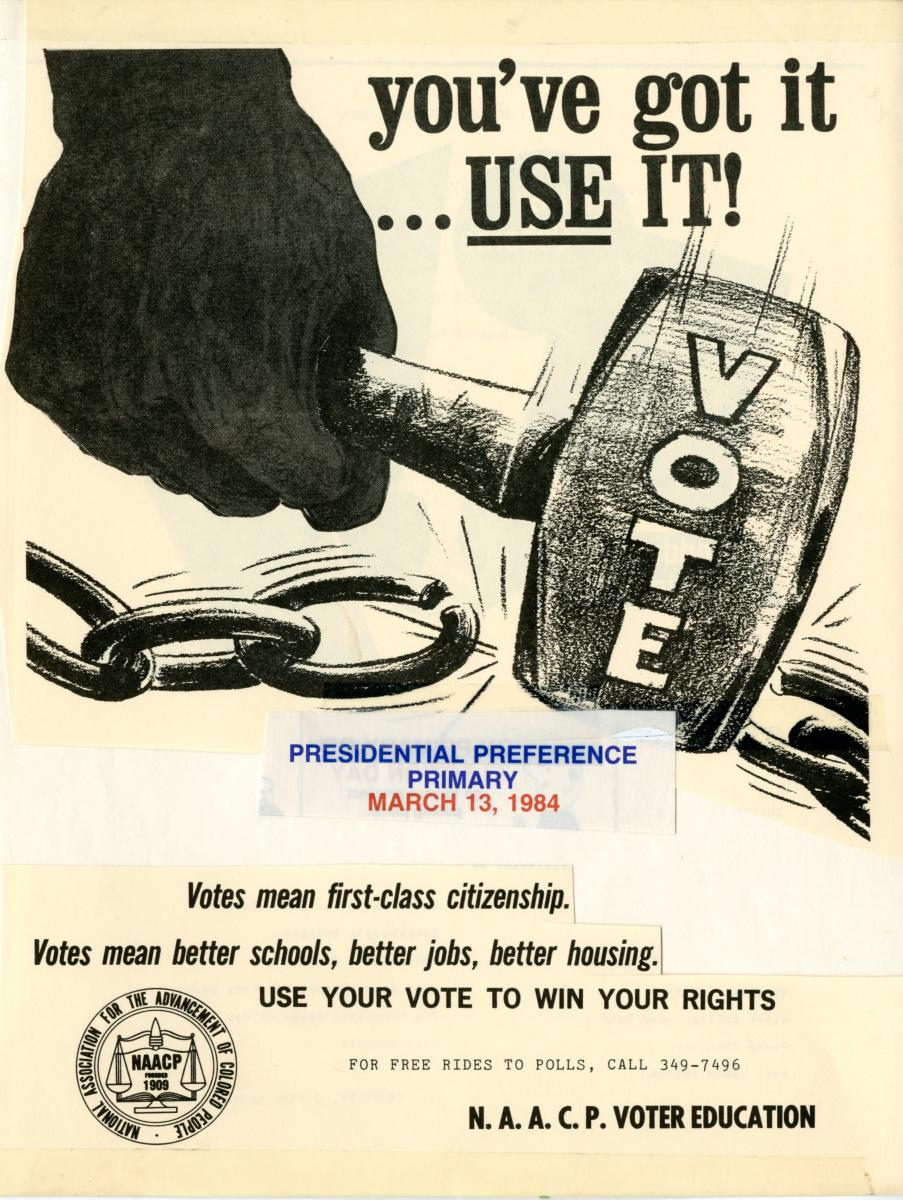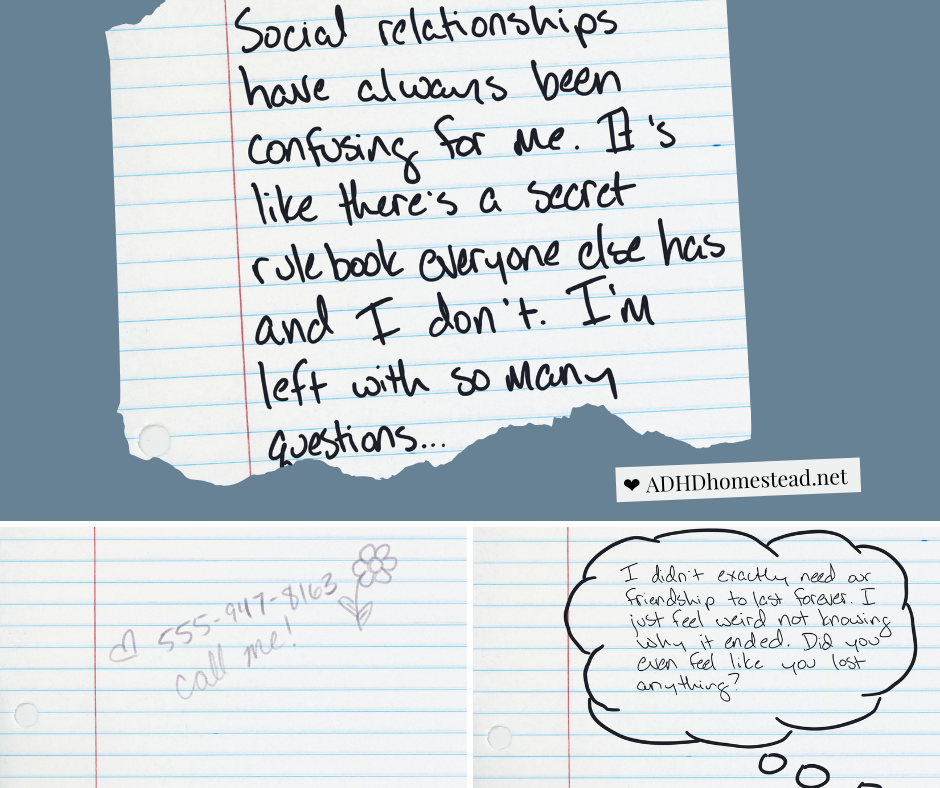
Understanding intersectionality is essential to combatting the interwoven prejudices people face in their daily lives. Black women, faced with multiple forms of oppression, only make $0.64. For instance, a black man and a white woman make $0.74 and $0.78 to a white man’s dollar, respectively. “woman” and “black”) do not exist independently of each other, and that each informs the others, often creating a complex convergence of oppression. Intersectionality recognizes that identity markers (e.g. In other words, intersectional theory asserts that people are often disadvantaged by multiple sources of oppression: their race, class, gender identity, sexual orientation, religion, and other identity markers. It takes into account people’s overlapping identities and experiences in order to understand the complexity of prejudices they face. Intersectionality is a framework for conceptualizing a person, group of people, or social problem as affected by a number of discriminations and disadvantages. The interconnected nature of social categorizations such as race, class, and gender, regarded as creating overlapping and interdependent systems of discrimination or disadvantage a theoretical approach based on such a premise. What is it and where does it come from? Intersectionality, n. If you’ve ever scratched your head when a friend, colleague, or writer has spoken of intersectionality (or you’d like to deepen your understanding of the theory), this post is for you. Understanding the terminology used in equity work is a useful tool for people expanding their knowledge on the issues they care about.

Intersectionality, in particular, is a term that many people and organizations assert an importance for, but that others are unclear on. All of us seek change in our community, no matter how we became involved.ĭespite our shared vision, social equity work can oftentimes feel exclusionary to those who are not familiar with the lingo. Some of us have little experience with social justice, but seek a better understanding of inequity in Greater Boston.

Some of us have experienced racial discrimination personally, perhaps through generations of our family. Some of us hold women’s empowerment close to heart, perhaps seeking a more equitable world for ourselves or our daughters. We know that everyone reading this has come to follow YW Boston’s work from different entry points. Here at YW Boston, intersectionality is central to the work we do.


 0 kommentar(er)
0 kommentar(er)
